By Max Wang—5 minutes read
Introduction
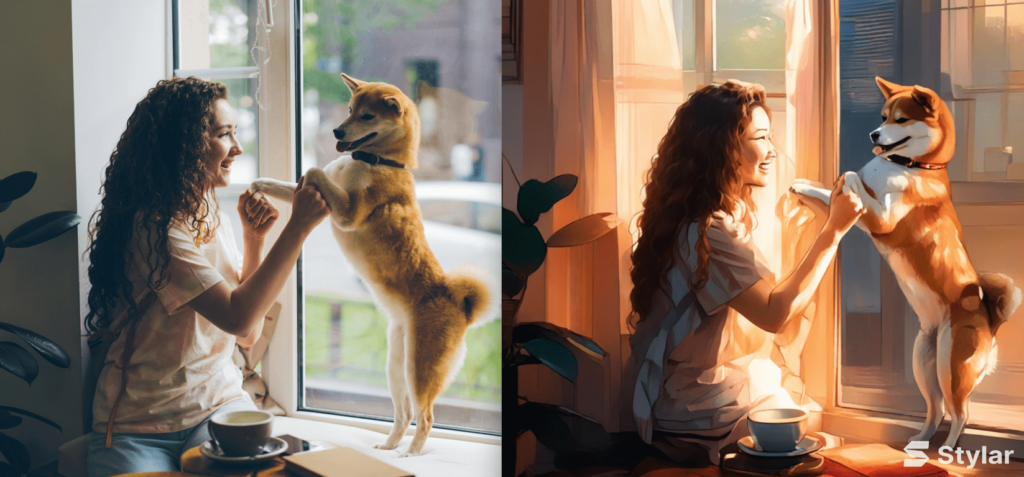
In today’s digital age, where visual content reigns supreme, capturing and sharing stunning photographs has become an integral part of our lives. To enhance the quality and appeal of these images, photographers often turn to photo filters. In this blog, we will explore the world of AI photo filters and traditional filters, comparing their advantages and disadvantages to determine which delivers superior results in image enhancement.
Content
- Advantages of AI Photo Filters
- Cons of AI Photo Filters
- Benefits of Traditional Filters
- Cons of Traditional Filters
- The Verdict: AI Photo Filters Take the Lead
- Conclusion
Advantages of AI Photo Filters
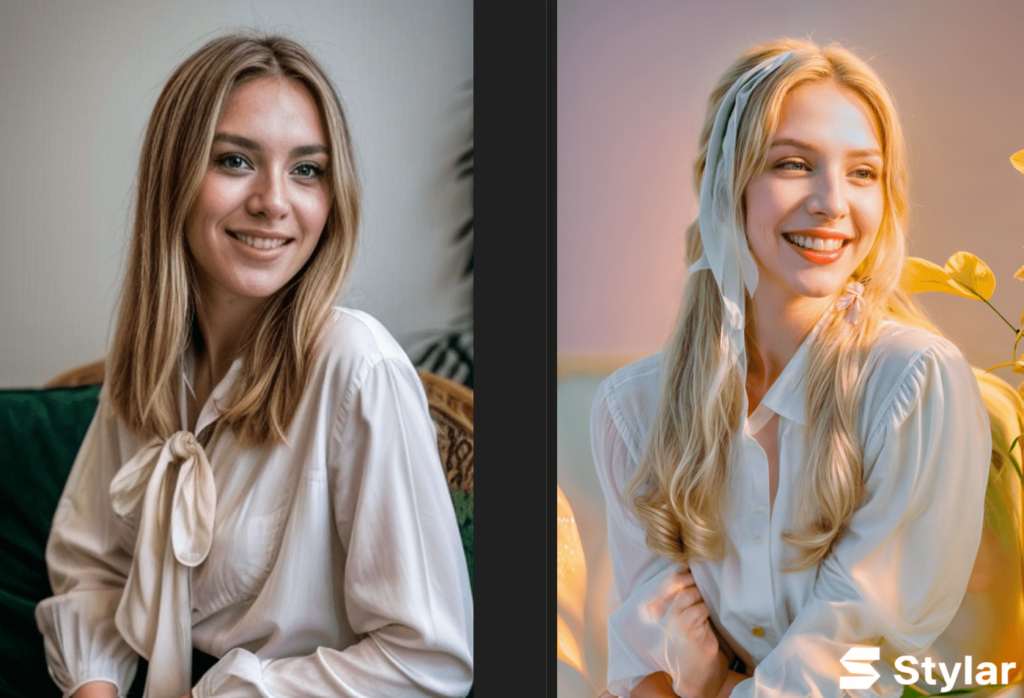
1.Automated Analysis and Recognition
AI photo filters leverage the power of artificial intelligence to automatically analyze and recognize objects, scenes, and subjects within an image. Consequently, this automated analysis leads to more precise and tailored enhancements, as the AI algorithms comprehensively understand the specific characteristics of the image. By doing so, AI photo filters can intelligently identify areas for improvement and apply adjustments accordingly.
2.Intelligent Enhancements
One of the significant advantages of AI photo filters is their ability to apply intelligent adjustments to optimize image quality. By leveraging advanced algorithms, these filters enhance colors, contrast, sharpness, and other aspects, thereby resulting in visually appealing and professional-looking images. Moreover, the intelligent adjustments performed by AI photo filters ensure that each enhancement is precisely tailored to the specific characteristics of the image, further enhancing its overall quality.
3.Accessibility and Convenience
AI photo filters are designed with user-friendliness in mind, making them accessible to photographers of all skill levels. Thanks to their intuitive interfaces and simplified workflows, these filters offer quick and automated enhancements, saving photographers the need for extensive editing skills. With just a few clicks, photographers can effortlessly transform their images, allowing them to achieve impressive results without the steep learning curve associated with traditional editing techniques.
Cons of AI Photo Filters
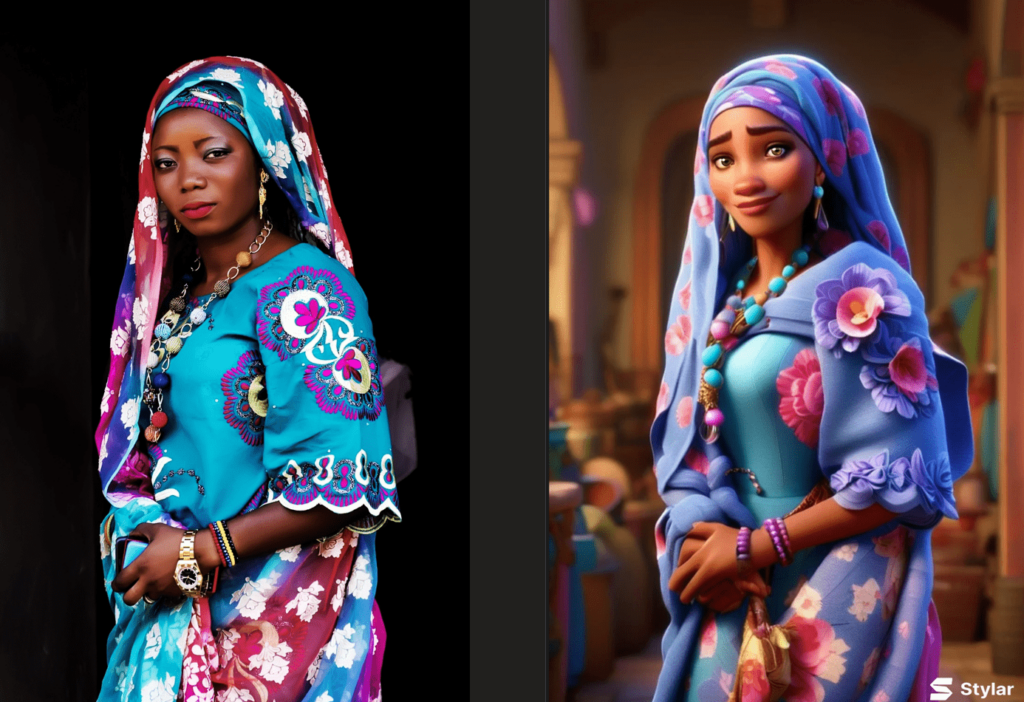
1.Lack of Artistic Control and Personalization
AI photo filters may lack the nuanced control and personal touch that manual adjustments can provide. Photographers who prefer a hands-on approach and enjoy the art of manual editing may find AI filters limiting in terms of expressing their creativity.
2.Overprocessing and Unnatural Results
In some cases, AI filters may produce results that appear overprocessed or unnatural. The algorithms used by AI filters can sometimes go overboard in their adjustments, leading to images that lack the subtlety and authenticity that photographers desire.
3.Limited Compatibility and Customization
AI photo filters may not be compatible with all types of images or genres of photography. Certain specialized effects or styles may be challenging to achieve using AI filters alone. Additionally, AI filters may offer limited customization options, preventing photographers from fine-tuning the adjustments according to their specific preferences.
Benefits of Traditional Filters
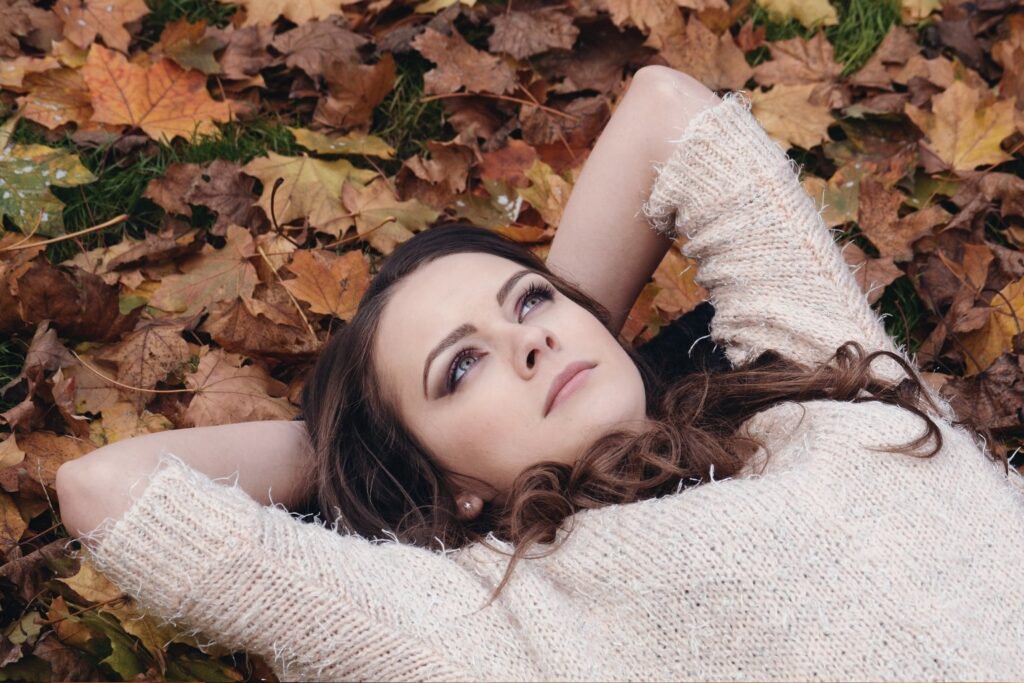
1.Artistic Control and Creativity
Traditional filters offer photographers a hands-on approach to image enhancement. By manually selecting and applying physical filters, photographers have greater control over achieving specific artistic effects. This level of control allows for a more personalized and tailored approach to image enhancement. Additionally, the tactile experience of physically manipulating filters adds a tangible and immersive element to the creative process. Photographers can experiment with different filters, stacking them or adjusting their positions to achieve the desired visual impact. This hands-on approach fosters a deeper connection between the photographer and the image, allowing for a more intimate and expressive expression of their artistic vision.
2.Tangible Effects in Real Time
One of the unique advantages of traditional filters is the immediate visual feedback they provide during the shooting process. Unlike AI photo filters, which are applied during post-processing, traditional filters allow photographers to preview and adjust effects directly through the camera viewfinder. This real-time feedback enables photographers to make on-the-spot adjustments and fine-tune the desired effects according to their creative vision. By having the ability to see the impact of the filters in real-time, photographers can make immediate decisions and capture the desired mood or atmosphere without relying solely on post-processing adjustments.
3.Unique Characteristics and Nostalgic Appeal
Traditional filters possess distinct optical properties and vintage aesthetics, adding a unique touch to photographs. These filters can create a nostalgic and artistic ambiance, evoking a sense of timelessness in the images.
Cons of Traditional Filters
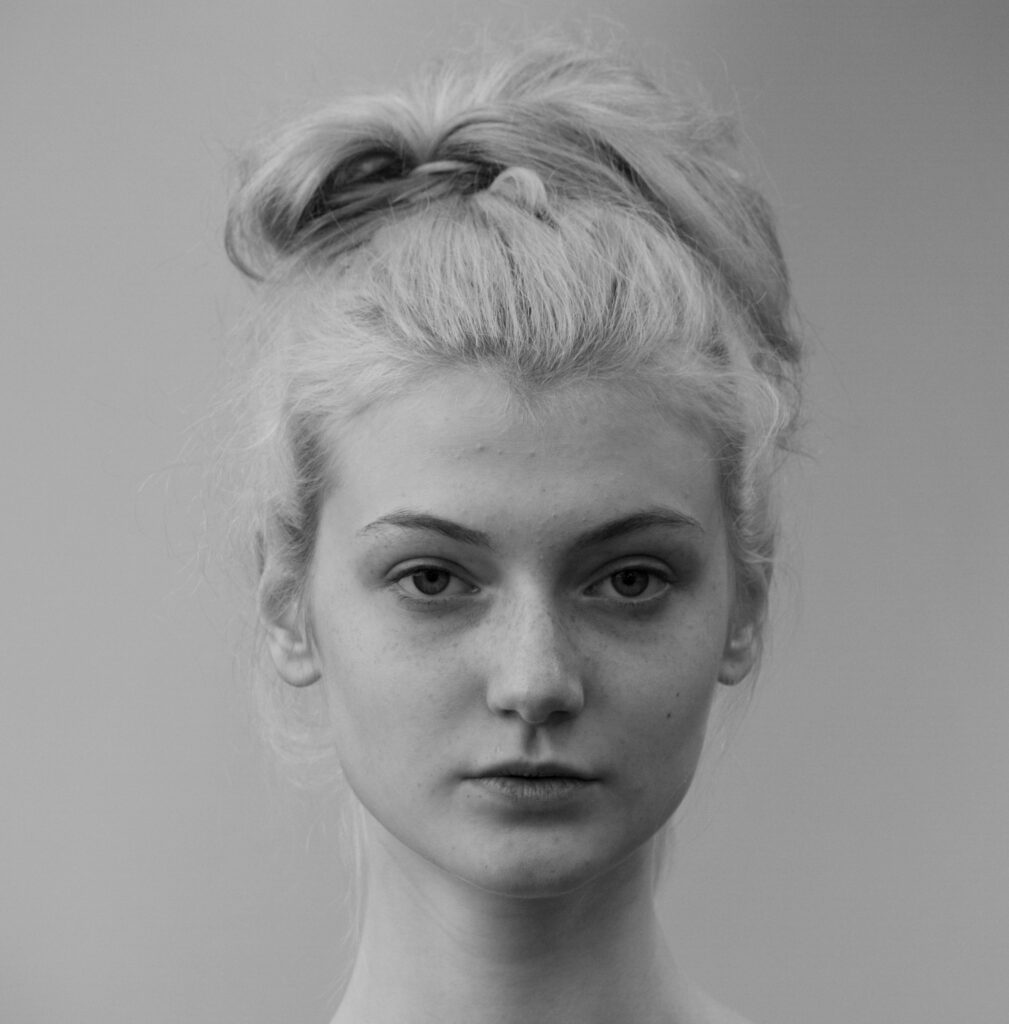
1.Additional Equipment and Accessibility
Traditional filters require photographers to invest in additional equipment, such as filter holders and various filter types. This additional gear can be costly and may pose accessibility challenges, especially for beginners or photographers on a tight budget.
2.Time-Consuming and Less Efficient
The process of manually applying and adjusting traditional filters can be time-consuming and less efficient compared to the quick and automated enhancements offered by AI filters. Photographers who need to work efficiently or capture fast-paced moments may find traditional filters impractical.
The Verdict: AI Photo Filters Take the Lead
After careful consideration, it is evident that AI photo filters surpass traditional filters in delivering superior results. AI photo filters excel in automated analysis and recognition, allowing for precise adjustments and visually appealing images. Moreover, they are accessible and convenient for photographers of all skill levels. On the contrary, traditional filters offer artistic control but come with limitations such as the need for additional equipment, time-consuming adjustments, and limited compatibility. In contrast, AI photo filters provide a more efficient and accessible solution, striking a balance between convenience and quality. Additionally, they offer automated analysis, intelligent enhancements, and accessibility, making them the superior choice for photographers. However, it is important to note that the final verdict may vary depending on individual preferences. Some photographers may value artistic control, while others prioritize the efficiency and precision of AI photo filters. Ultimately, the choice between AI photo filters and traditional filters depends on personal preferences, artistic vision, and the specific requirements of each project.
Conclusion
In the realm of image enhancement, AI photo filters have revolutionized the way photographers enhance their digital images. While traditional filters offer artistic control and a nostalgic appeal, the convenience, precision, and accessibility of AI photo filters make them the superior choice. By embracing the benefits of AI photo filters, photographers can effortlessly elevate their images and unlock their full creative potential in the digital era.

Leave a Reply